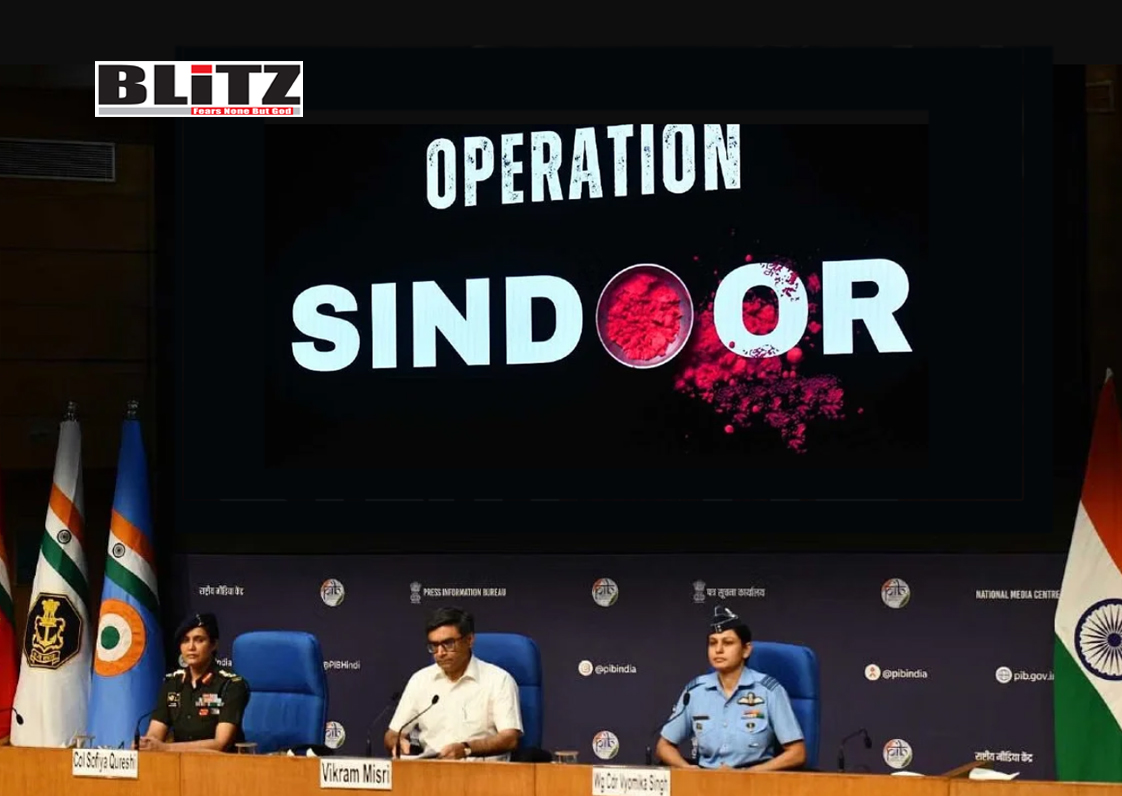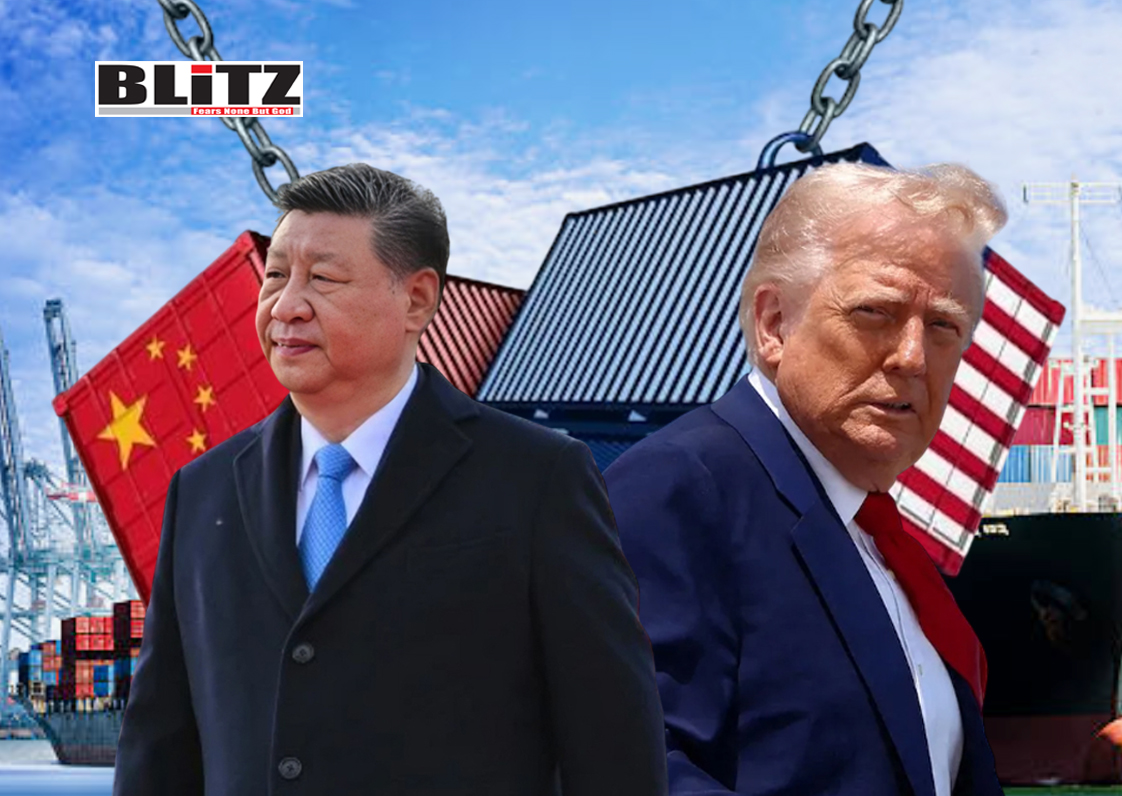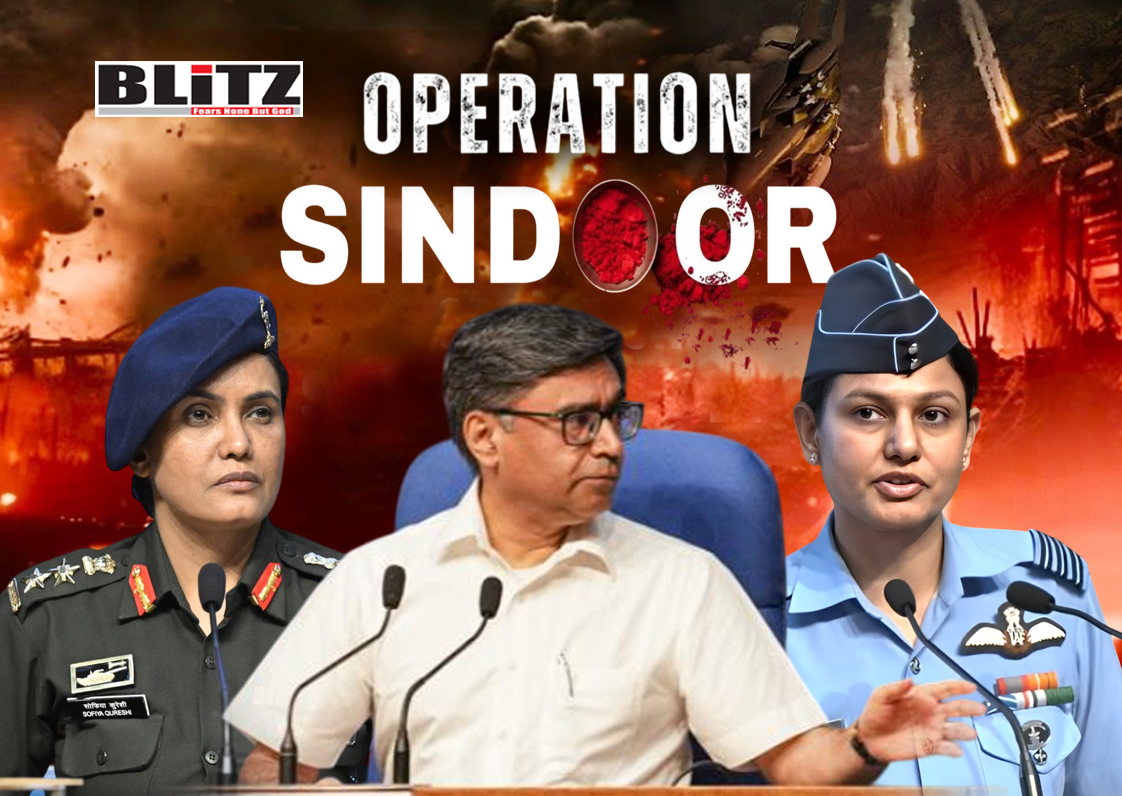US election coverage dominates social media over global issues
- Update Time : Wednesday, August 28, 2024

In an increasingly interconnected world, the dominance of US election coverage on social media platforms has become an inescapable reality. Whether it’s a viral late-night comedy skit poking fun at a presidential candidate or a barrage of tweets dissecting the latest debate gaffe, the sheer volume of content related to the US election can be overwhelming. For months, much of the global online discourse has been saturated with posts lauding or lambasting every move made by the rival candidates, leaving little room for other important international events. This phenomenon raises important questions about the influence of social media algorithms, the changing landscape of journalism, and the consequences of such a narrow focus on global understanding.
One of the primary reasons for the inundation of US election content in social media newsfeeds is the underlying architecture of these platforms. The algorithms that power sites like Facebook, Twitter, and Instagram are designed to maximize user engagement. By analyzing user behavior, these algorithms curate a personalized stream of content, often prioritizing sensational and emotionally charged topics-like political scandals or polarizing statements from candidates-that are more likely to generate clicks, comments, and shares.
The coding for these platforms is largely done by young tech-savvy individuals who are deeply embedded in the political culture of the United States. This can result in a bias toward content that resonates with the political dichotomy of “red” and “blue” states. Moreover, the data-driven nature of these algorithms means that even users in distant countries are bombarded with US election news, regardless of its relevance to their daily lives. While it’s easy to blame the algorithms, the reality is that user behavior plays a significant role in perpetuating this cycle. The more people engage with US election content, the more the algorithms will prioritize it, creating a feedback loop that drowns out other important stories.
The overwhelming focus on the US election in social media feeds is symptomatic of a broader trend: the decline of traditional journalism, particularly in the realm of international reporting. In the past, major newspapers, magazines, and wire services maintained bureaus around the world staffed by seasoned correspondents. These journalists provided a diverse mix of stories, from the latest political developments in Washington to the humanitarian crisis unfolding in Sudan. Their work was guided by the editorial judgment of experienced editors, who ensured that the news presented to readers was balanced and comprehensive.
However, the advent of digital technologies and the financial pressures on media organizations have led to significant cutbacks in foreign bureaus. Today, only a handful of news organizations maintain a robust presence overseas, relying increasingly on freelancers and wire services to cover international events. As a result, international news coverage has become more fragmented and less visible in the media landscape. Deborah Cohen, a historian at Northwestern University, has noted that “for more than two decades, the profession of foreign correspondence has been on life support, victim of both budget cutbacks and digital technologies.”
The decline in international reporting has had serious consequences for the global public’s understanding of world events. Instead of being exposed to a wide range of perspectives, social media users are often fed a steady diet of US-centric content, which can distort their perception of the world. The focus on the minutiae of American politics has crowded out coverage of significant events elsewhere, such as the ongoing conflict in Sudan, the crackdown on women’s rights in Afghanistan, and the plight of the Rohingya in Myanmar.
Another factor contributing to the dominance of US election coverage is the consolidation of media ownership and the fragmentation of news audiences. In the past, a small number of major news outlets-such as the New York Times, CNN, and the BBC-set the agenda for global news coverage. However, the rise of digital media has led to the proliferation of smaller, niche outlets, each catering to specific audiences. As a result, news consumers are increasingly siloed in their own echo chambers, where they are exposed only to content that reinforces their existing beliefs.
This fragmentation has been particularly pronounced in the United States, where the media landscape is highly polarized. According to an article published in The Financial Times in March 2024, the upcoming US election “may be defined by the lack of any one star, network or set of information. Audiences are dispersed across a wide range of smaller and medium-sized platforms.” This dispersion has made it more difficult for any one story or issue to capture the public’s attention, leading to a situation where the news cycle is dominated by a never-ending stream of election-related content.
The shift from traditional journalism to digital media has also led to the erosion of editorial standards. In the past, editors played a crucial role in determining which stories were newsworthy and how they should be presented. Their decisions were guided by a commitment to accuracy, balance, and fairness. However, in the digital age, the pressure to produce content quickly and cheaply has led to a decline in editorial oversight. Many news organizations now prioritize speed over accuracy, leading to a proliferation of sensationalist and poorly researched stories.
This erosion of editorial standards is particularly evident in the coverage of US elections, where the line between news and entertainment has become increasingly blurred. Late-night comedy shows, for example, have become a significant source of political commentary, often blurring the distinction between satire and news. While these shows can provide valuable insights into the absurdities of the political process, they also contribute to the trivialization of serious issues and the polarization of public discourse.
The relentless focus on US elections in social media newsfeeds has significant consequences for global understanding. By prioritizing stories about American politics over other important issues, the media is shaping public perception in ways that are often misleading or incomplete. For example, while the US election may dominate headlines, it is far from the only issue of global significance. Conflicts in Sudan, Myanmar, and Yemen, as well as the humanitarian crisis in Afghanistan, are just a few examples of stories that deserve more attention than they currently receive.
The lack of coverage of these issues not only deprives the global public of important information but also has real-world consequences. When stories about human rights abuses, conflicts, and humanitarian crises are overshadowed by election-related content, it becomes more difficult to generate the international awareness and pressure needed to address these issues. In this sense, the dominance of US election coverage is not just a symptom of media bias but a contributor to the world’s indifference to suffering.
The overwhelming focus on US elections in social media newsfeeds is a reflection of broader trends in the media landscape, including the rise of algorithms, the decline of traditional journalism, and the fragmentation of news audiences. While it is easy to blame social media platforms for this state of affairs, the reality is that users themselves play a significant role in shaping the content they see. By engaging more critically with the news and seeking out a broader range of perspectives, it is possible to push back against the narrowing of global understanding and ensure that important stories from around the world receive the attention they deserve.
The heyday of foreign correspondence may be over, but the need for accurate, balanced, and comprehensive reporting is more urgent than ever. As consumers of news, we have a responsibility to demand better from the media and to hold them accountable for the stories they choose to tell. Only by broadening our perspective and paying attention to the issues that truly matter can we hope to make sense of the complex and interconnected world we live in.













Leave a Reply